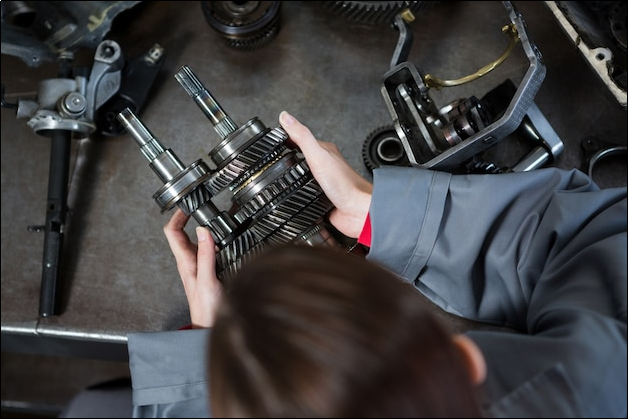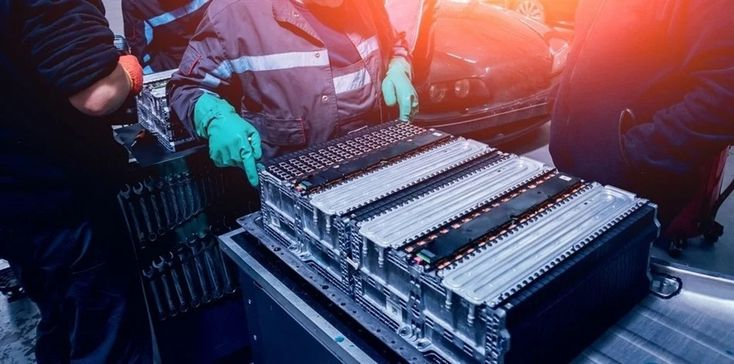Energy efficiency rules the always-changing terrain of industrial automation. The emphasis has switched to maximising energy usage in motor systems as businesses work to lower running costs and environmental effects. A key element in achieving this is the Aluminium housed resistors coated brake resistor. These resistors are essential for dissipating extra energy during motor braking, improving general system efficiency and performance. Knowing their importance and usefulness will enable businesses to make wise choices toward environmentally friendly solutions.
Managing Excess Energy During Braking
Especially in braking, power dissipation in resistors is a fundamental feature of motor systems. A motor decelerated turns kinetic energy back into electrical energy. This energy may produce voltage spikes without suitable control that harm the motor and other electrical components. Aluminum-encased resistors efficiently transform this energy into heat, therefore managing it. Excellent heat dissipation made possible by the metal-clad construction guarantees safe and effective braking action. While maximizing energy use, these resistors guard the system against potential harm.
Robust Design for High Performance

Designed especially for high-performance uses, the metal Braking Resistors for motors are Their building calls for a substantial aluminium house with outstanding mechanical strength and thermal conductibility. This house lets the resistors withstand high temperatures and demanding surroundings without sacrificing performance. For many industrial uses, like cranes, elevators, and conveyor systems, where dependable braking is vital, these resistors are perfect because they combine endurance and efficiency.
Enhancing Energy Recovery Systems
The capacity of motor braking resistors to enhance energy recovery systems is one of their strongest characteristics. These resistors may significantly lower energy losses during braking by effectively dissipating extra energy. This is very helpful in applications involving regenerative braking, where energy is gathered and recycled. Combining resistors encased in aluminium in these systems results in smaller carbon footprints and cheaper energy expenditures. Industries may improve their environmental initiatives and get financial gains simultaneously.
Key Advantages of Metal Clad Braking Resistors
Use Metal clad braking resistors in your motor systems to benefit from the following:
- Enhanced energy efficiency through effective Power dissipation in resistors.
- Increased durability due to robust aluminium housing.
- Improved safety by preventing voltage spikes during braking.
- Cost savings through reduced energy consumption and maintenance.
Optimizing Thermal Management for Reliability

Better thermal management also comes from including resistors housed in aluminium in motor systems. Effective heat control is crucial for maintaining electrical components’ ideal performance and lifetime. These resistors’ effective heat dissipation reduces the possibility of overheating, lowering the danger of early failures and expensive downtime. Ensuring that the system runs within acceptable temperature limits helps industries increase dependability and prolong equipment life.
Conclusion
Using aluminium enclosed metal covered. Improving energy economy and operational dependability in motor systems depends on using metal-clad braking resistors housed in aluminium. These resistors are essential to reaching sustainability and cost-effectiveness as sectors give them more priority. Onics power resistor is a leading provider of premium brake resistors enabling more effective motor systems. Adopting these technologies can help businesses not only increase their profitability but also help to create a better future using environmental impact.